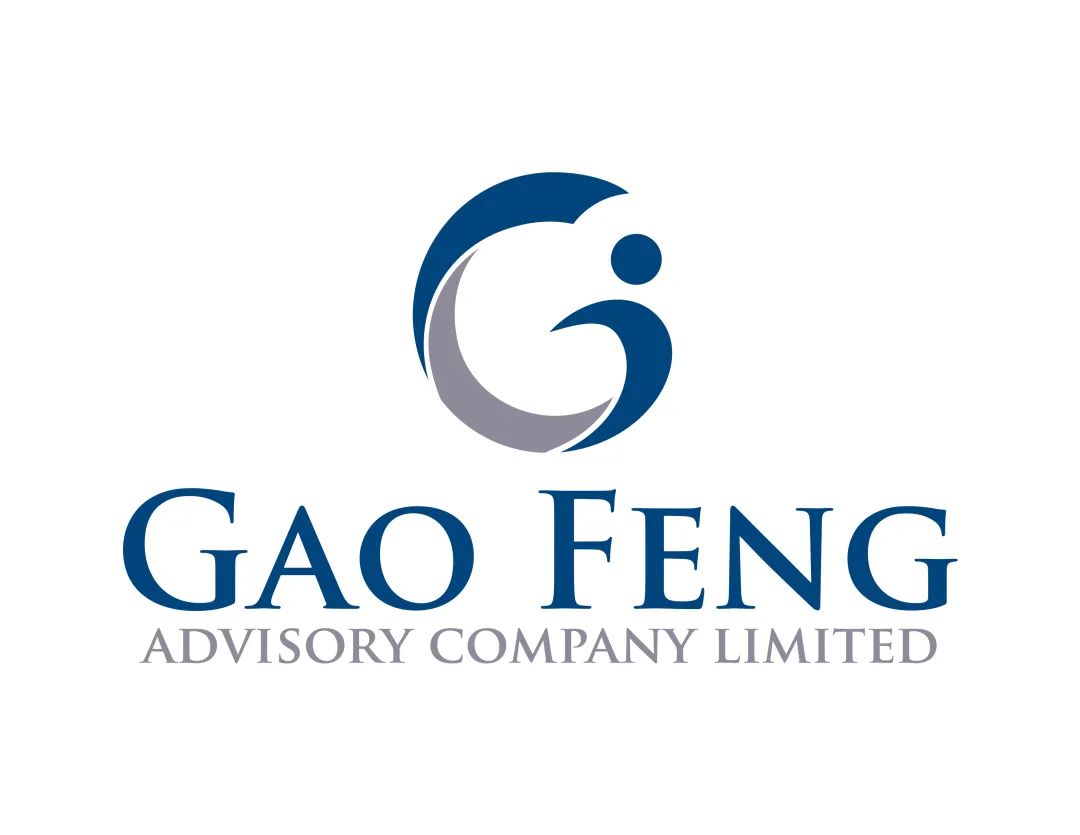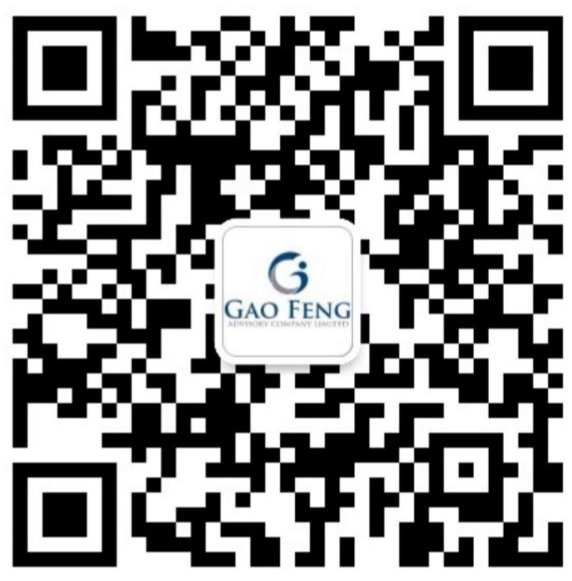CGTN | Time For Transformation

By Edward Tse
2022-08-03
A recent article authored by Dr. Tse was published by CGTN on August 3, 2022.
Hong Kong's economy shrank 1.4 percent in the second quarter of 2022 from the same period a year earlier, though it grew 0.9 percent compared with the first quarter, according to the Census and Statistics Department of the local government. The big picture is that the economic recovery is slow. Going forward, the extent of further revival will depend upon how the pandemic pans out, the geopolitical developments, and government policies.
In terms of external trade performance, exports of goods declined 8.4 percent in real terms compared to the same period in the preceding year. This means a dip from the 4.5 percent decrease in the first quarter. Imports of goods fell 6.2 percent in real terms in the second quarter, after a decline of 5.9 percent in the first quarter. Exports of services fell by 2.9 percent, compared with the first quarter. Service imports were also down 0.7 percent in real terms.
Gross domestic fixed capital formation declined by 3.0 percent, compared with a decrease of 7.8 percent in the January-March period. Private consumption expenditure remained broadly unchanged, compared with a year earlier, after falling 5.8 percent in the first quarter.
To stimulate consumer spending, government consumption expenditure was increased by 13.0 percent. With the other government support measures rolled out, economic activity is expected to gradually resume in the rest of the year.
Because of the pandemic, the cross-border traffic between Hong Kong and the rest of the world has been disrupted, severely impacting the region's economy. However, if transport facilities between the Chinese mainland and Hong Kong improve, that will stimulate business.

The uncertainty in the global macro-economic environment and the related challenges would also affect the external transactions of Hong Kong. Disruptions in supply chains, the Russia-Ukraine conflict and other geopolitical influences have resulted in severe inflation in Western economies. This coupled with tighter monetary policies by many major central banks could inhibit the economic growth of those countries.
The pandemic situation on the Chinese mainland has been brought under control. Supply chain links have become more stable and China's economic performance is now relatively sound. Hong Kong should integrate into the development of the mainland, and take advantage of opportunities in the Greater Bay Area – the cluster of nine cities in southern China and the two special administrative regions of Hong Kong and Macao – to enhance its competitiveness and register better economic performance in the second half of the year.
Although Hong Kong's economic development still faces many challenges, I am confident about its future development.
As the former Chief Executive of Hong Kong, Leung Chun-ying, said, the region's role as a "super-connector" between the mainland and the rest of the world is critical and that can be maintained and enhanced only through better and large scale connectivity.
Hong Kong should step up its efforts to devise proactive policies and support for industries to accelerate growth, or at least to get out of the troughs. Further coordination with other cities in the Greater Bay Area is essential for creating more synergistic development, which will also have positive spillover effects on Hong Kong.
With a more proactive stance and an opener policy by the local government, we should expect Hong Kong's economy to improve in the second half of this year.
In addition, Hong Kong must address some of its deep-rooted issues such as housing, youth upward mobility, education and the well-being of the elderly. Chief Executive John Lee has committed to a "results-oriented" approach. People will be watching his upcoming policy address on October 19 closely.
Over the longer term, Hong Kong must integrate its planning with China's overall planning. Innovation and technology will be critical not only in the financial sector but also in other sectors such as intelligent manufacturing, life sciences and new energy. Hong Kong must get out of the previous "positive non-intervention" policy and transform itself into a proactive and capable government with a strategic mindset and capabilities.
About the Author
Dr. Edward Tse is founder and CEO, Gao Feng Advisory Company, Adjunct Professor of School of Business Administration at Chinese University of Hong Kong, Professor of Managerial Practice at Cheung Kong Graduate School of Business, and Adjunct Professor at the SPACE program of University of Hong Kong. He is a member of Global Future Council on China at the World Economic Forum, as well as a member of advisory boards for private equity and venture capital companies. He started his strategy consulting career at McKinsey’s San Francisco office in 1988 before returning to Greater China in the early 1990’s. He became one of the pioneers in China’s management consulting industry, by building and running the Greater China operations of two leading international management consulting firms (BCG and Booz) for a period of 20 years. He has consulted to hundreds of companies, investors, start-ups, and public-sector organizations (both headquartered in and outside of China) on all critical aspects of business in China and China for the world. He has also advised the Chinese government organizations at different levels on strategies, state-owned enterprise reform and Chinese companies going overseas, as well as to the World Bank and the Asian Development Bank. He is the author of several hundred articles and five books including both award-winning The China Strategy (2010) and China’s Disruptors (2015), as well as 《竞争新边界》 (The New Frontier of Competition), which was co-authored with Yu Huang (2020). He holds a SM and a SB in Civil Engineering from the Massachusetts Institute of Technology, as well as a PhD and an MBA from University of California, Berkeley.


Gao Feng Advisory
Gao Feng Advisory Company is a professional strategy and management consulting firm with roots in China coupled with global vision, capabilities, and a broad resources network
Wechat Official Account:Gaofengadv
Shanghai Office
Tel: +86 021-63339611
Fax: +86 021-63267808
Hong Kong Office
Tel: +852 39598856
Fax: +852 25883499
Beijing Office
Tel: +86 010-84418422
Fax: +86 010-84418423
E-Mail: info@gaofengadv.com
Website: www.gaofengadv.com
Weibo: 高风咨询公司
